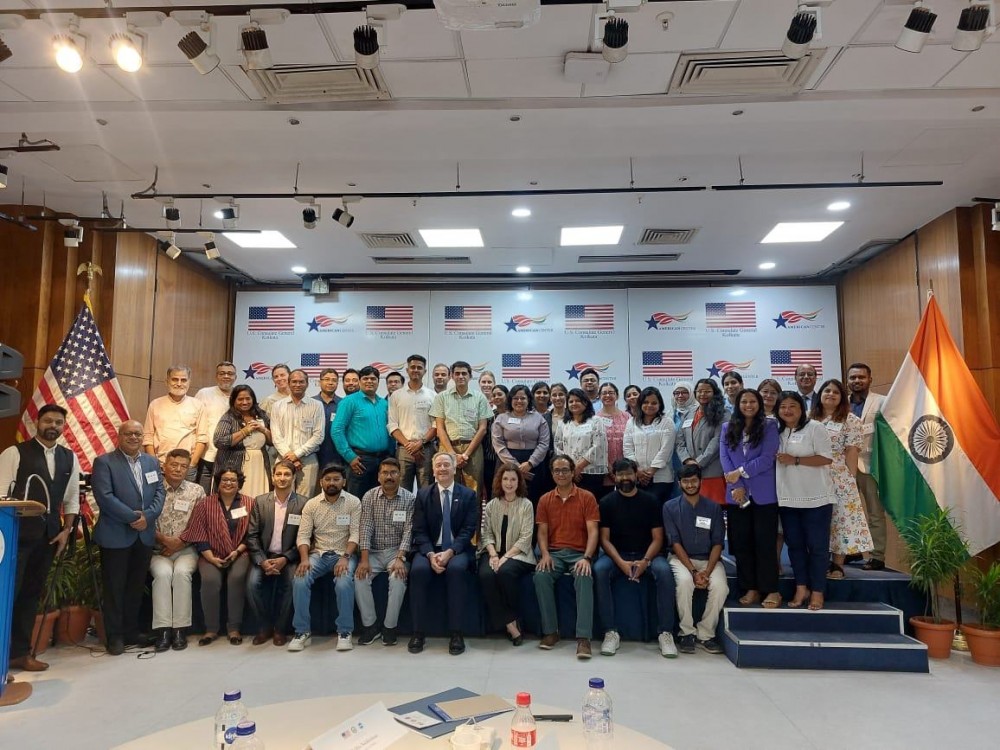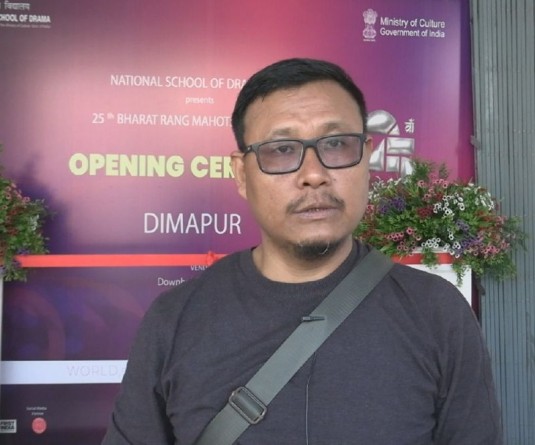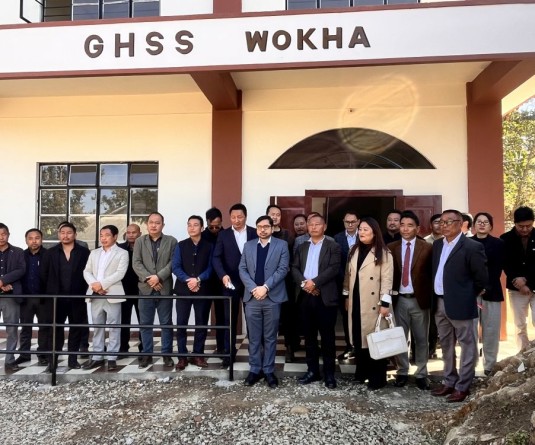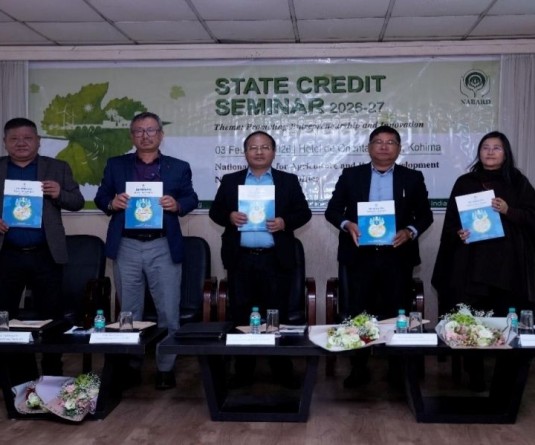30 journalists from different parts of the country, including two from Nagaland participated in the two-day conclave on ‘Future of Journalism’ organised by Meridian International in collaboration with US Consulate at American Centre, Kolkata.

Kolkata, July 29 (MExN): Artificial Intelligence and Immersive Technologies are fast emerging as important tools in reshaping journalism, while Virtual Reality (VR) and Artificial Reality (AR) are being considered as future of journalism and storytelling.
The two-day conclave on ‘Future of Journalism’ organised by Meridian International in collaboration with US Consulate at American Centre, Kolkata dwelt on the emerging technologies and its uses in journalism in the days to come, stated an update received here.
The two-day conclave was divided into several sessions where more than 30 journalists from different parts of the country participated, including two from Nagaland.
Minister Counselor for Public Diplomacy, US Embassy India in New Delhi, Gloria Berbena, who graced the Conclave said, “As the world is moving to a three-dimensional reality, artificial intelligence and immersive technology can reshape the future of storytelling and journalism. This project titled “Future of Journalism - how Artificial Intelligence (AI), AR and VR videos help support media literacy and press freedom,” implemented by our partner Meridian International in collaboration with our Public Diplomacy Team at the U.S. Consulate General Kolkata, is timely and is helping to train a diverse group of journalists, storytellers, and media professionals from all across India.
She said the project is examining how VR and AR can be used to support press freedom to build a strong media environment in the region.
Gloria said that the Department the Department of State focuses on AI because it is at the center of the global technological revolution; advances in AI technology present both great opportunities and challenges. The United States, along with our partners and allies, can both further our scientific and technological capabilities and promote democracy and human rights by working together to identify and seize the opportunities while meeting the challenges by promoting shared norms and agreements on the responsible use of AI, she added.
“Together with our allies and partners, the Department of State promotes an international policy environment and works to build partnerships that further our capabilities in AI technologies, protect our national and economic security, and promote our values. Accordingly, the Department engages in various bilateral and multilateral discussions to support responsible development, deployment, use, and governance of trustworthy AI technologies,” she further said.
Quoting Arti Prabhakar, the Science Advisor to President Joe Biden, she said that the United States and like-minded countries, including India, need to work together to shape the course of artificial intelligence, as the administration involved several IT giants such as Google and Microsoft to ensure that the technology is not misused and is being used for public good.”
She further said that the journalists are being trained under this project so that they are equipped with the latest technologies of AR and VR to create effective media products to engage target audiences and help shape positive public opinion.
The sessions were addressed by Sarang Nerkar, Subi Bhattacharjee, Parul Wadhwa, Pradeep Gupta, Matt Kim, Max Hao Lu, while hands on training on VR equipments were imparted by Mihir Satam and Palakshi Nerkar.






